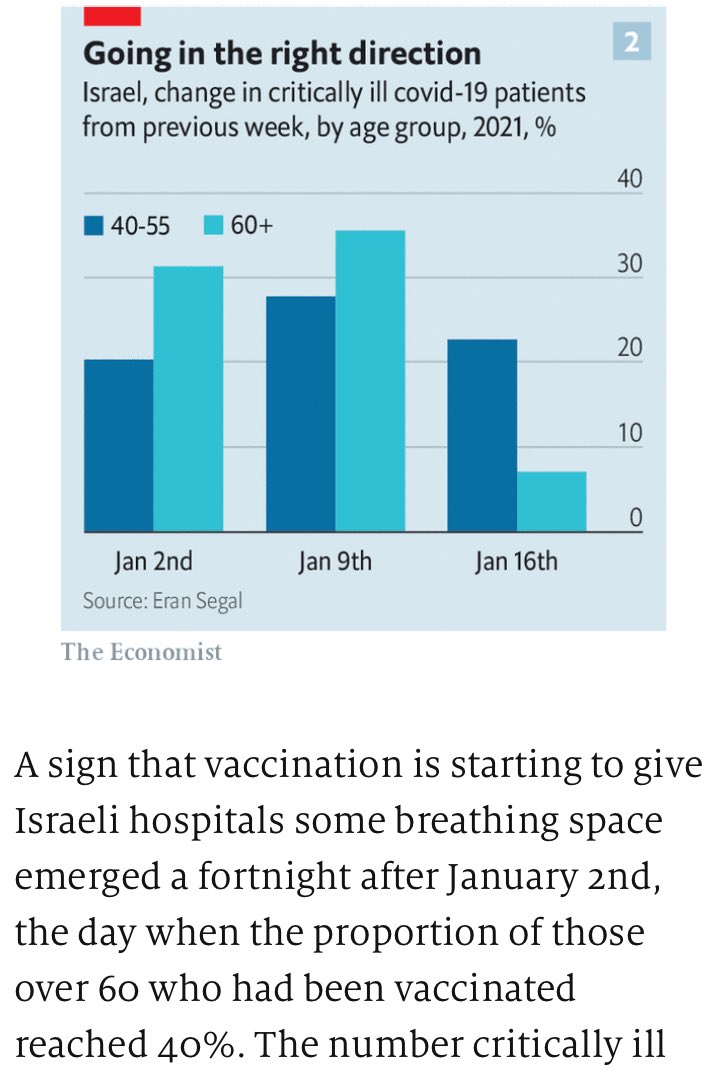I'm a bit surprised by this. The entire logic behind booster doses for the immunocompromised (which several countries are already doing, e.g. US/UK) is based on a lack of (or low) immune response to the vaccine, which can be confirmed by an antibody test (measuring antibodies to the spike protein). There are studies with large numbers of people where you can see the median levels of antibodies in healthy adults and compare results (e.g. here and here). These tests are quantitative and give you a number, not just a positive or negative result, some people can have orders of magnitude more antibodies than others as a result of vaccination.
Also my impression is that antibody levels (post vaccination) are possibly correlated or even predict who can be infected and correlate with vaccine effectiveness. Is that not likely to be the case?
This is a bit anecdotal but I've read about people in the UK on immunosuppressive therapy getting 4 vaccine doses (as advised by their doctor) in order to generate enough immune response to have detectable antibodies.
2.5 times deadlier than existing strains
Where does this number come from?
I'm confused by this graph, if ~30% of critically ill patients are 60+, ~20% are 40-55, that adds up to 50%. What are the other 50%? Only the 55-60 and 0-39 age groups remain, but surely they can't be 50% of critically ill patients (the 55-60 group is too small and the 0-39s should have like 2 orders of magnitude fewer critically ill people than the 60+ group)?

The site is lacking breadcrumbs so it's hard to orient oneself. It's hard to follow what section of the website you're in as you dig deeper into the content. Any plans to add breadcrumbs (or some alternative)?
A black is also more likely to commit a violent crime than a white person.
Isn't it more relevant whether a black person is more likely to commit a violent crime against a police officer (during a search, etc)? After all the argument is that the police are responding to some perceived threat. The typical mostly black-on-black violent crime isn't the most relevant statistic that should be used. Where are the statistics about how blacks respond to the police?
Funny you should mention that..
AI risk is one of the 2 main focus areas for the The Open Philanthropy Project for this year, which GiveWell is part of. You can read Holden Karnofsky's Potential Risks from Advanced Artificial Intelligence: The Philanthropic Opportunity.
They consider that AI risk is high enough on importance, neglectedness, and tractability (their 3 main criteria for choosing what to focus on) to be worth prioritizing.
things that I am very confident are false
Could you give any example?
The problem is in the first few days of an infection you won't know whether you'll be sufficiently sick to be hospitalised on say day 10. We don't really know who will deteriorate on day 7 and beyond, and who will recover. And if you take the drug later it won't be as effective.
I suspect this drug will only be used for high risk groups, due to risk of side-effects and the high price (US is paying $700 per course).